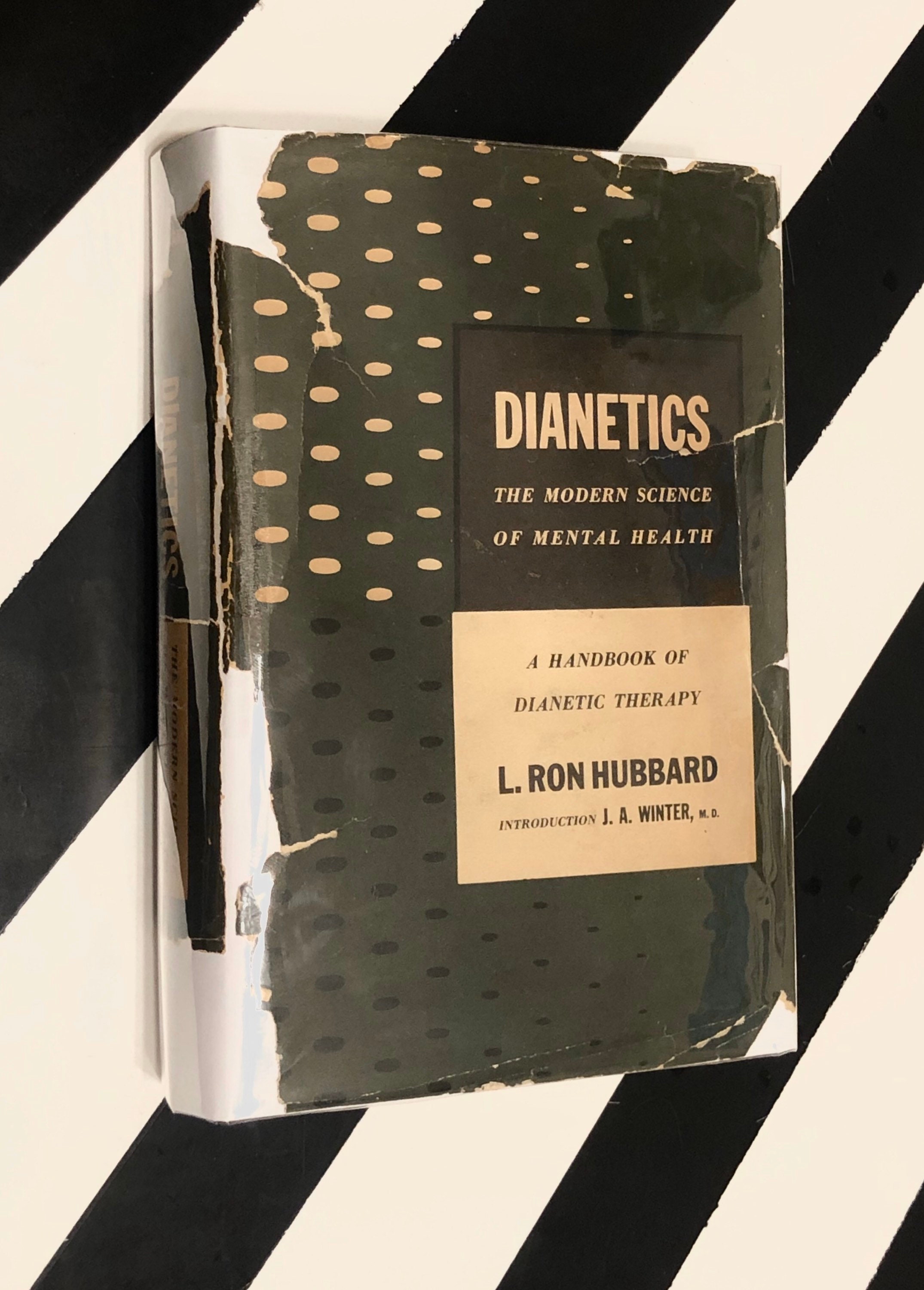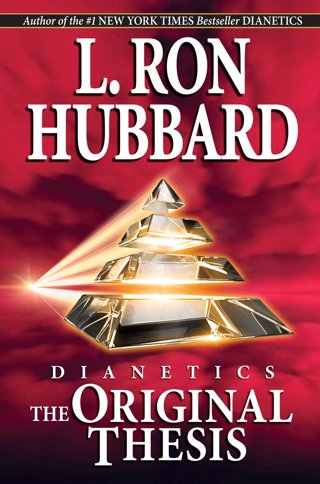The Only Guide to Dianetics
The Only Guide to Dianetics
Blog Article
The Basic Principles Of Dianetics
Table of ContentsGet This Report about DianeticsDianetics Can Be Fun For EveryoneExcitement About DianeticsThe 7-Minute Rule for Dianetics
I could not ever before not wish to get anything that enters your mind for you- if it was otherwise, I wouldn't be resting here with you, doing this. I not just can never have a trouble, or otherwise wish to listen to something that comes to mind for you, but I'm totally anxious to know every idea, every thought, every image or sensation that emerges or materializes for you- do not ever before assume otherwise, and if for some factor you do, please simply allow me understand! In some cases, you might have an idea, and photo, concept or incident turn up that does not seem to address the concern, or associate with it, but nevertheless, always do inform me regarding it, and as we continue, the relevance will certainly emerge for you.This is integral in the basis of processing, and the topic of this discussion: the basic roles of the therapist and the client: The fundamental function of the therapist is, as opposed to "common training", not to manage, which means to impose and/or inhibit, yet to instead work from the basis of EMPOWERING THE CLIENT.

Dianetics - An Overview
John Mcmasters revealed this fundamental truth splendidly well in one of his lectures on Power handling, where he explains exactly how he was asked what this "special flair" was that he had for offering such wonderful sessions; he needed to consider that for a moment, and spotted that it was what he wasn't doing, along with what he was doing: he had not been reviewing, judging, computing, or as a matter of fact, producing any kind of thoughts, not to mention verbal expressions, after giving the command and while awaiting the PC to complete their solution to their complete satisfaction; he was, merely and only, existing with the PC, and totally interested.
The duty of the counselor, demonstrated; that was his "unique knack". I have actually had my very own experience which instructed me this well, very early in the video game. In 1982, having actually just recently completed my training and teaching fellowship on New Period Dianetics, I was running this on a PC, and there was a point in the session where (being a bit damp behind the ears not yet having lots of hours under my belt as a specialist auditor) the PC seemed to be "taking also lengthy" to share anything verbally after I offered him a command.
This trick became one of the most useful payment that John ever before made to the subject of therapy or bookkeeping (Dianetics). In my humble opinion, it is the best contribution that any individual has actually ever made to these subjectsthe application is totally non-judgemental, non-evaluative, and lacking any type of idea, suggestions or opinion.no preconceived agenda for people, or 'levels' that they should do
In Scientology we prided ourselves on not assessing for people. All that really suggested was that the auditor did not VERBALLY assess for the Computer in session.
Dianetics for Dummies

Any person who had ever before seen John audit can not assist but observe a special quality in his auditing."The customer's standard function is to be there with the function of moving in the direction of their spiritual objectives, and to easily and completely express and experience whatever materializes for them in addressing the inquiries and carrying out the instructions in the processing.
This is something to process as required. Likewise, people regularly have previous experience and/or brainwashing in auditing/processing which, in some methods, and to some levels, in fact deceives them into attitudes, concepts and habits patterns that stop the complete awareness of these duties, and so they will certainly tend to inhibit the expressing of what comes to mind, as in the examples given above - Dianetics. * The initial, and possibly foremost instances of mis-indoctrination bring about less than completely smooth and reliable sessions, can be discovered in certain aspects of the training routines, or "TR's":"TR's" are often an individual's initial, or at the very least early, experience in Scientology, and while I will certainly go on to explain what I see as the defects in concept and technique, nevertheless, often tend to be greatly healing, done as they are given (Hubbard insists that "TR's are not refining, they are training", yet factually, they are both processing AND training)
There is no "failing", and no rejection of the fact of this being processing. The emphasis, as it should be, is on experiencing the various other next individual's presence.
Rumored Buzz on Dianetics

Report this page